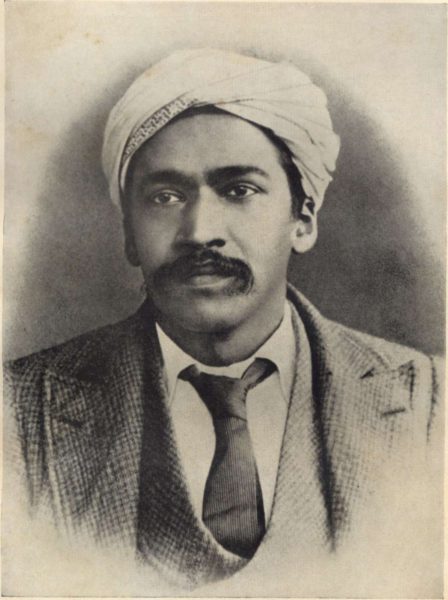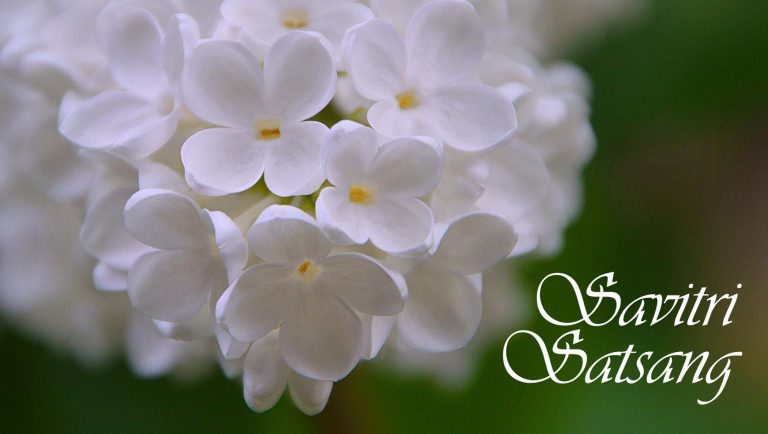At the outset I must admit the enormity of the subject to which none can do full justice, especially in a short time. The purpose however is not so much as to give an exhaustive account but a little glimpse into the life of Sri Aurobindo as a teacher at the Baroda and later Bengal National College. Sri Aurobindo, apart from his administrative duties for which he was primarily appointed by the Maharaja, was also a professor of French and English at Baroda College. He also served as a Vice Principal and later as acting Principal, until he finally resigned at the call of Indian Nationalism. Following the partition of Bengal he went to Calcutta (now Kolkata), where he laid the foundations of the Bengal National College and also taught there as a professor. That was the time when his writings began to spark the light of Freedom in the youth. The English, worried at the huge effect he was beginning to have on the Freedom movement, slapped a sedition case on him. At that point of time, Sri Aurobindo resigned from the Bengal National College to avoid embarrassment to the college authorities. At this juncture the staff and students invited him for a last advice, which was delivered as a talk on the 23rd Aug 1907 and published in Sep 1907. This talk is reproduced below. Also, I shall be reading from Rishabhchand ji’s wonderful and extremely well-researched book ‘Sri Aurobindo, his life unique’.
Words of Sri Aurobindo
Advice to National College Students
I have been told that you wish me to speak a few words of advice to you. But in these days I feel that young men can very often give better advice than we older people can give. Nor must you ask me to express the feelings which your actions, the way in which you have shown your affection towards me, have given rise to in my breast. It is impossible to express them. You all know that I have resigned my post. In the meeting you held yesterday I see that you expressed sympathy with me in what you call my present troubles. I don’t know whether I should call them troubles at all, for the experience that I am going to undergo was long foreseen as inevitable in the discharge of the mission that I have taken up from my childhood, and I am approaching

it without regret. What I want to be assured of is not so much that you feel sympathy for me in my troubles, but that you have sympathy for the cause in serving which I have to undergo what you call my troubles. If I know that the rising generation have taken up this cause, that wherever I go, I go leaving behind others to carry on my work, I shall go without the least regret.
I take it that whatever respect you have shown to me today was shown not to me, not merely even to the principal, but to your country, to the Mother in me, because what little I have done has been done for her, and the slight suffering that I am going to endure will be endured for her sake. Taking your sympathy in that light I can feel that if I am incapacitated from carrying on my work, there will be so many others left behind me. One other cause of rejoicing for me is to find that practically all my countrymen have the same fellow-feeling for me and for the same reason as yourselves. The unanimity with which all classes have expressed their sympathy for me and even offered help at the moment of my trial, is a cause for rejoicing, and for the same reason. For I am nothing, what I have done is nothing. I have earned this fellow-feeling because of serving the cause which all my countrymen have at heart.
The only piece of advice that I can give you now is—carry out the work, the mission, for which this college was created. I have no doubt that all of you have realised by this time what this mission means. When we established this college, and left other occupations, other chances of life, to devote our lives to this institution, we did so because we hoped to see in it the foundation, the nucleus, of a nation, of the new India which is to begin its career after this night of sorrow and trouble, on that day of glory and greatness when India will work for the world. What we want here is not merely to give you a little information, not merely to open to you careers for earning a livelihood, but to build up sons for the motherland to work and to suffer for her. That is why we started this college and that is the work to which I want you to devote yourselves in future. What has been insufficiently and imperfectly begun by us, it is for you to complete and lead to perfection. When I come back I wish to see some of you becoming rich, rich not for yourselves but that you may enrich the Mother with your riches. I wish to see some of you becoming great, great not for your own sakes, not that you may satisfy your own vanity, but great for her, to make India great, to enable her to stand up with head erect among the nations of the earth, as she did in days of yore when the world looked up to her for light. Even those who will remain poor and obscure, I want to see their very poverty and obscurity devoted to the motherland. There are times in a nation’s history when Providence places before it one work, one aim, to which everything else, however high and noble in itself, has to be sacrificed. Such a time has now arrived for our motherland when nothing is dearer than her service, when everything else is to be directed to that end. If you will study, study for her sake; train yourselves body and mind and soul for her service. You will earn your living that you may live for her sake. You will go abroad to foreign lands that you may bring back knowledge with which you may do service to her. Work that she may prosper. Suffer that she may rejoice. All is contained in that one single advice. My last word to you is that if you have sympathy for me, I hope to see it not merely as a personal feeling, but as a sympathy with what I am working for. I want to see this sympathy translated into work so that when in future I shall look upon your career of glorious activity I may have the pride of remembering that I did something to prepare and begin it.




